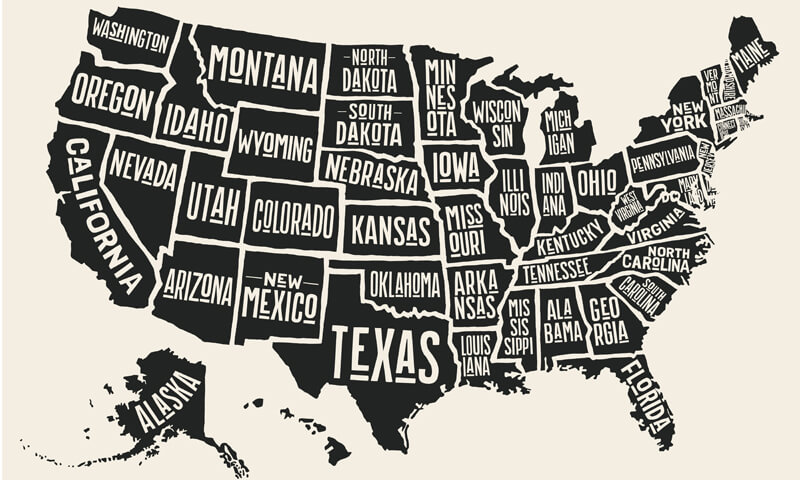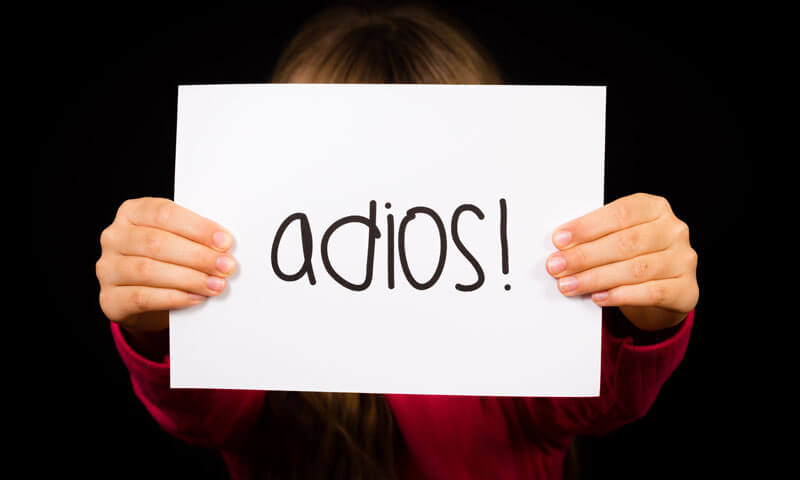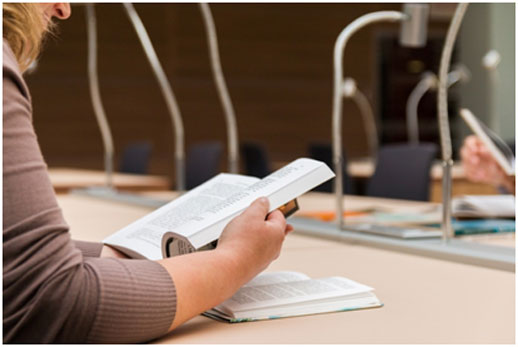
The radical changes being effected to the economic structure of Kansas by Gov. Sam Brownback and Kansas’s Republican legislature are both tremendous and momentous. Besides almost total privatization of the Medicaid system, the state has also reduced the welfare roll and government work force. Government agencies are being merged and consolidated, and other changes including the way judges are selected, changes in the manners and formulas of funding education and pension are under way.
But, elimination of individual income tax would put Kansas on the map of world political and economic history, fair and square.
The changes are going through in rapid fire, as for the first time in generations, all three bastions of political power in the state, both the legislative chambers and the Governor’s office are in control of Republicans.
In a recent interview, speaking on the radical economic changes, Gov. Brownback said, “I think the unique thing is that we’re applying the principles on how you get your cost down and still provide a high-quality product … That’s been in the private sector, but it hasn’t been in the public sector for 50 years.”
However, Kansas Democrats are criticizing the changes on safety concerns. Senator Oletha Faust-Goudeau, a Wichita Democrat said about the proposals, “It kind of eliminates a large group of Kansans out of that pursuit of happiness … They will still struggle. They’ll pay the highest taxes. They are already working jobs with no benefits or very little benefits.”
Critics worry that low-income Kansans would be most affected by the proposed changes as the bill to eliminate taxes include the repeal of tax credits for food, rented housing and child care. As a result, the poorest of Kansans may have to spend an additional $148 per year, on taxes.






































